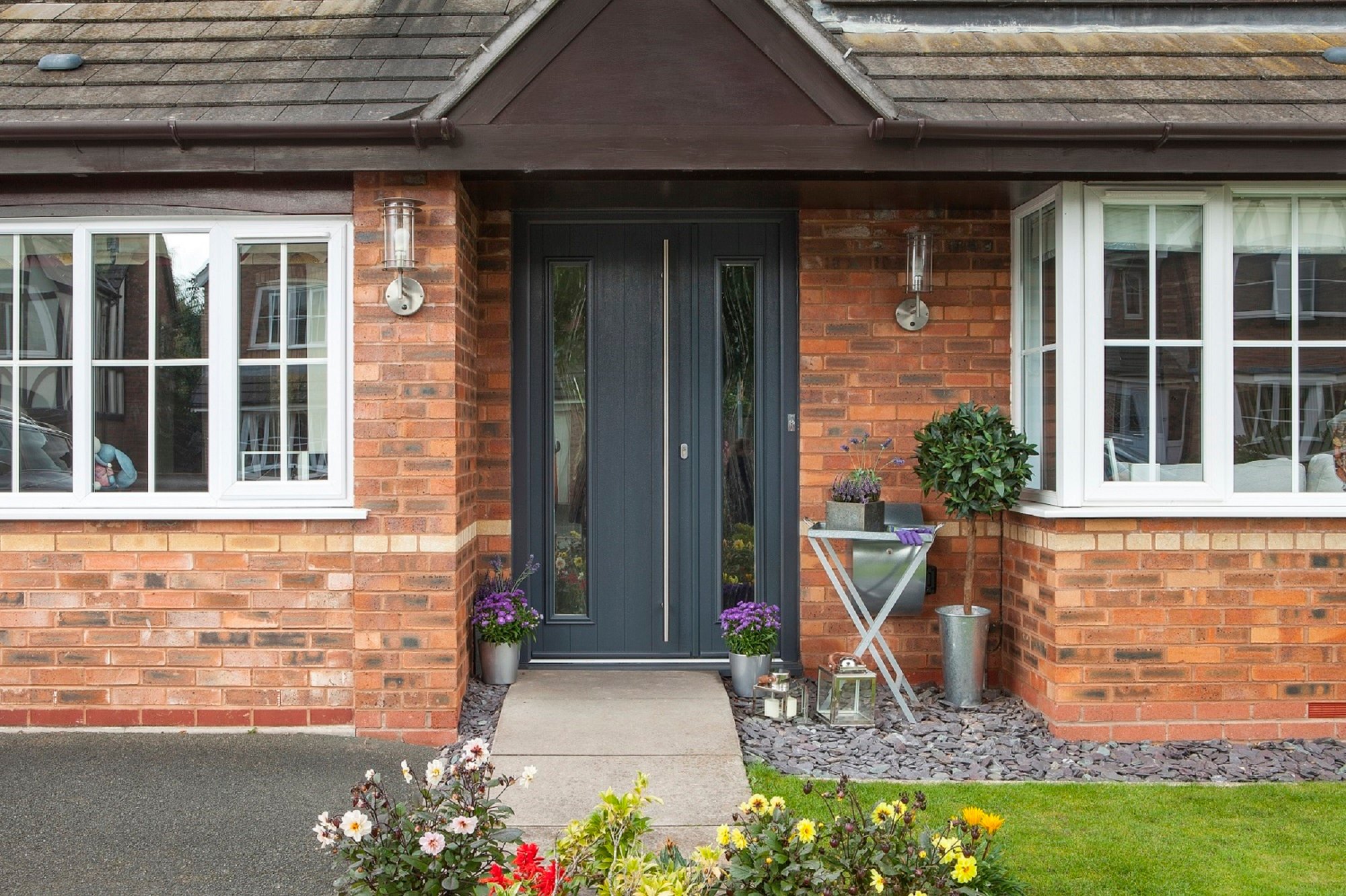Buying a property is never straight forward and even seasoned property professionals will run into an unexpected hurdle at some point. For first-time buyers, especially in the current climate, the property buying process can be utterly baffling.
Trying to understand some of the more confusing and often changing details about stamp duty, the help to buy schemes, Brexit and what is allowed under current guidelines when looking at properties can seem like an impossible task but don’t worry.
Andrea Fawell, Sales and Marketing Director of Kebbell, provides some of her top tips for first-time buyers to help guide them through buying in the next six months.
1. Take advantage of the Stamp Duty Holiday. Stamp duty has been removed on properties that cost up to £500,000 until the end of March 2021. As an example, this means that you could save a total of £15,000 if you purchased a £500,000 property with this scheme. If you are ready to make your move now, take advantage of the stamp duty break but remember time is of the essence!
2. Make sure you have a mortgage offer in principle before you even start looking at houses, so you have an idea of your price range and because most agents and developers currently won’t offer you a viewing unless you are seriously committed to buying to protect their colleagues and potential buyers during Covid-19.
3. Abide by the new rules. All viewings are now by appointment only and potential buyers need to abide by social distancing rules, wear face masks and avoid touching surfaces where possible.
4. Research your mortgage options ahead of time. The huge range of mortgage lengths, deals and types, from variable to fixed, interest-only, tracker, offset and more, can feel overwhelming at times. Do your research and make sure you have weighed up all the options and talk them through with the experts. If you are self-employed or a contractor, you may find securing your mortgage easier by using a mortgage broker who will advise you how to provide the necessary evidence of your income including tax returns that need to be signed off by a certified accountant.
5. Take advantage of the Help To Buy Scheme. Help to buy has proven to be hugely popular over the years as it allows buyers to access a Government loan for up to 20% of the cost of a newly
built home, so you only need a 5% cash deposit and a 75% mortgage to make up the rest. There are also separate Help to Buy schemes for buyers in London and for members of the Armed Forces. The scheme applies to new build homes only, that are less than £600,000 and the house must be the buyers only property. The loan is interest-free for the first five years; interest is then charged following this period. You can pay back in a lump sum or in parts. The scheme is set to change from April 2021 so that only first-time buyers will be able to apply but is due to end completely by 2023.
6. Start early on your mortgage application process. This process can be gruelling so have all the documents at hand ready for your lender to review. Your lender will want to know that you can keep up with your repayments and will therefore check your current utility bills, bank statements, payslips, credit card statements and any other credit agreements.
7. Ensure you are accurate and consistent when filling out the multitude of forms you will be looking at. Incorrect spelling of names, dates and postcodes can dramatically slow the buying process. Ensure your passport or driving license is up to date and that you are registered to vote as these items may be called upon in identity checks.
8. Be accurate with your budgeting because there are many other financial costs to consider including:-
✓ Survey costs
✓ Solicitors fee
✓ Removal costs
✓ Building insurance
✓ Furnishing and decorating costs
✓ Mortgage valuation fees
✓ Bills
✓ Council tax
9. Be aware of freehold vs leasehold options. Houses are normally freehold which means you own the property as well as the land which it is built upon. However, flats tend to be leasehold, meaning you buy into a share of the freehold along with the other residents; so check how many years are left on the lease and budget for service charges to cover the upkeep of communal areas. New build houses should always be sold as freehold.
10. Consider a guarantor mortgage. If you are struggling to get a mortgage for your first home, you can ask someone to be your guarantor. A parent or close relative can agree to be responsible for paying your mortgage if you can’t. There are a select few lenders which offer this type of mortgage so speak to a mortgage broker for more information.






Leave a Comment